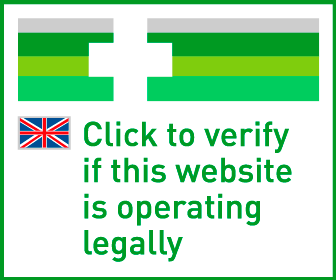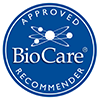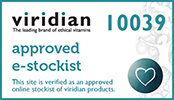Style Filter
Detoxification
Detoxification involves the removal of harmful substances, which are often referred to as toxins, from the body. Our bodies are exposed to toxins each day from a range of sources, whether it is pollution, smoking, heavy metal exposure, stress, a diet which is high in foods containing additives and preservatives, alcohol, sugar or prescription drugs.
With our modern lifestyles in which we are exposed to large amounts of toxins on a daily basis, detoxification is recommended for most people at least once a year. Over time, consistent exposure to harmful substances can cause our organs of elimination to become strained and it becomes harder for them to do their job effectively. This has a detrimental effect on our bodies, and can become evident through a wide variety of symptoms.
Signs and symptoms which can show a need for detoxification may include:
Bad breath; body odour; fatigue; skin problems; joint pain; recurrent infections; anxiety; depression; constipation, or bloating.
Foods to include in your diet during detoxification include:
Predominantly organic fruits and vegetables. The liver has to process pesticides and herbicides, which put an unnecessary strain on this organ.
Cruciferous vegetables such as broccoli, brussels sprouts, kale, cabbage, cauliflower.
Good quality protein helps to support detoxification processes. Go for protein sources such as organic chicken, fish, nuts and seeds, tempeh, beans and pulses.
Whole grains, with the exception of wheat due to it being a common food intolerance.
1.5 – 2 litres of pure water per day.
It is best to avoid:
All processed foods; alcohol; refined sugars; saturated fats; meat; cigarettes; caffeine; white breads or white rice; stress.
There are no products in this category.
Search:
 Account
Account Wishlist
Wishlist








